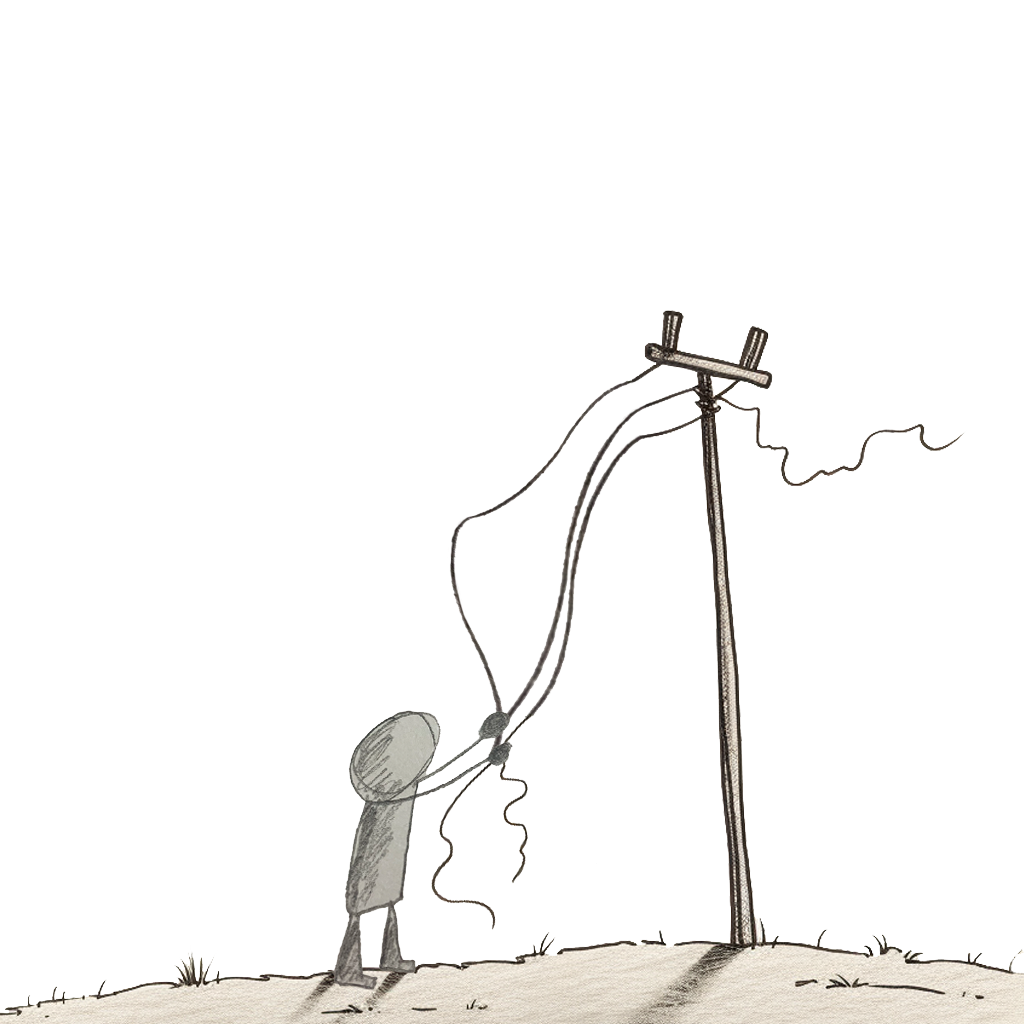Heat waves in Texas this summer have claimed the lives of at least 13 people, likely an underestimate considering last summer’s death toll reached around 300. This comes as no surprise when taking into account that this summer is the hottest in recorded history — but state-sponsored organizations, like the Electric Reliability Council of Texas (ERCOT), are doing shockingly little to combat it.
Winter Storm Uri spread across the U.S., Canada and parts of northern Mexico in early 2021, resulting in over 3.6 million Texas homes and businesses going without power for various lengths of time. One would think that ERCOT would be motivated to enact change to the Texas power grid after such a catastrophe, but the numbers indicate otherwise. Instead, our state government avoided linking up with federal grids, an utterly idiotic choice in the face of hundreds of preventable deaths. Tragedy could have been avoided had ERCOT been able to take advantage of national energy reserves.
ERCOT operates an energy-only market, meaning that power producers are compensated only for energy used daily, not for energy held in reserve. Thus, there is no incentive for Texas power suppliers to ensure they have the capacity for greater energy production in times of crisis. The intent behind this is to keep electric bills cheap for Texas residents, but if my options came down to dying of heat stroke or paying a little extra for my air conditioner to keep running, it would be a no-brainer.
Clearly, our state leaders’ priorities are out of place in more ways than one. Ten years before Uri, federal regulators submitted a 357-page report to Texas lawmakers about the threat extreme cold poses to our power grid. Our oil, gas, coal and nuclear power systems all require water to run, so when the pipes freeze, so does energy production. The worst part about the 2021 grid failure is that our government officials knew it could happen and did nothing due to the lack of penalty in place for ignoring federal weatherization guidelines. Unfortunately, the best interest of Texas residents took a backseat to saving a little bit of money — money that likely went to Ted Cruz’s infamous trip to Mexico.
Last month, ERCOT issued eight public conservation appeals in the span of two weeks, urging Texas residents to cut down on energy usage. This goes to show that any recent changes made to the power grid have been mere Band-Aids, barely preventing the whole system from bleeding out. Officials blame the unreliability of renewable energy, but if we stored our surplus wind and solar energy during times of low consumption, Texans could keep their homes cool amidst temperatures of 105 degrees Fahrenheit. Low winds and cloudy skies are completely predictable and ERCOT should be able to structure energy production plans around them. Being told to turn up the temperature on our air conditioners when we want to stay cool the most is completely unreasonable.
In addition to operating its own power grid separate from the rest of the country, Texas refuses to sell electricity to other states. This refusal is not out of a lack of excess, but because ERCOT would rather be responsible for life-threatening power outages than cooperate with federal regulators to export electricity. Even without joining the national grid, selling electricity when we can afford to would generate enough revenue to help stabilize our power grid and open the door to asking for help when we need it.
With extreme weather events becoming more common worldwide, it is high time our state legislature acknowledges that current systems are not equipped for the change. A few structural adjustments like keeping more energy on reserve and lending power to the rest of the country could bring substantial improvement to the Texas grid if the people in charge could just get their priorities straight. For the sake of all Texans, I sincerely hope they do.









Alumnus • Sep 8, 2023 at 8:32 am
Good start, but you leave out several important factors:
(1) Energy prices are based on demand, so when thermal providers shut down at critical times as has happened constantly this year, the remaining (also thermal) providers make BIG bucks. Shut one plant down, your other one makes 10x.
(2) Texas encourages bitcoin miners to locate here, and they can each suck up as much energy as a small town. Last month ERCOT paid ONE of them, “Riot” (you can’t make this **** up) over $30 million to shut down at certain periods (vs the $8M they would have made mining). Google it since I can’t put a link here.
(3) Guess who sends major money to the political campaigns of the “leaders” in this state responsible for this disaster? Yep, both categories above.
And, of course, the people who pay for this are those who pay electric bills, who stunningly will continue to vote for those responsible for their bills going up simply because they have a certain political affiliation.